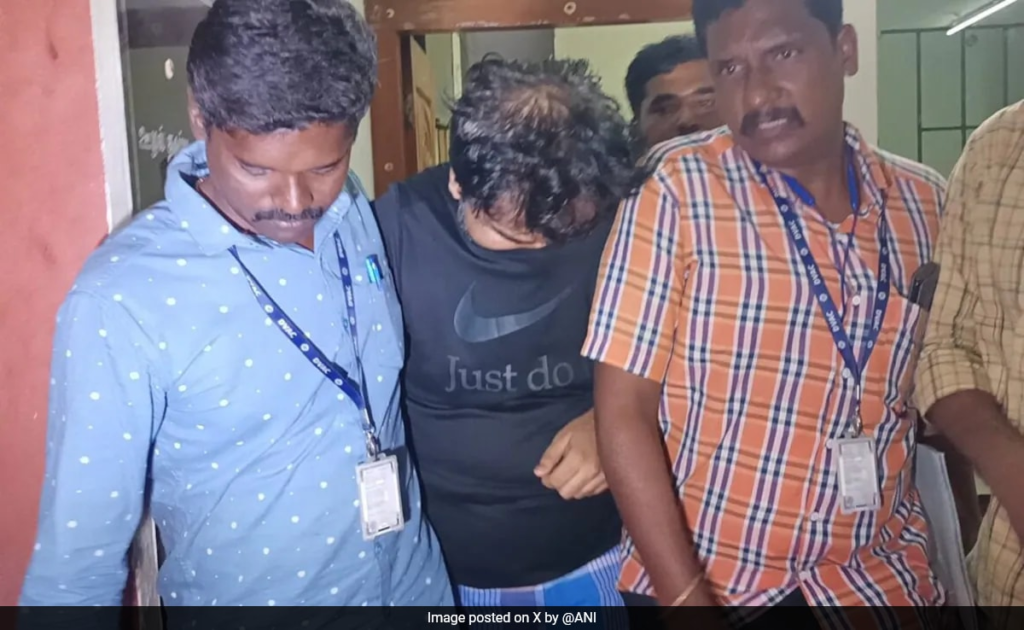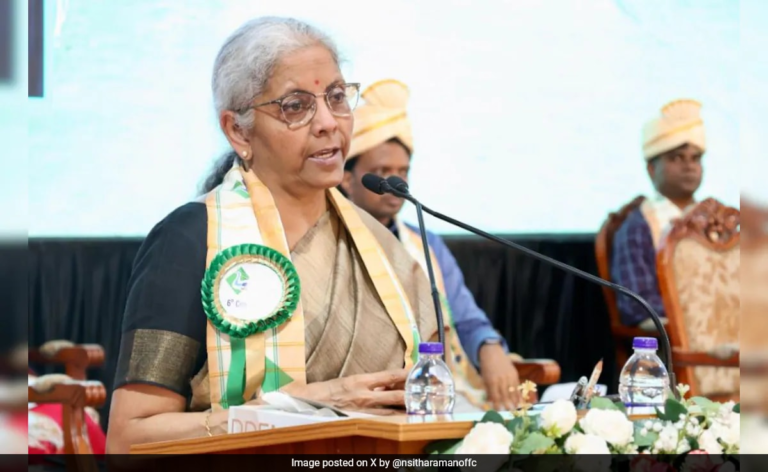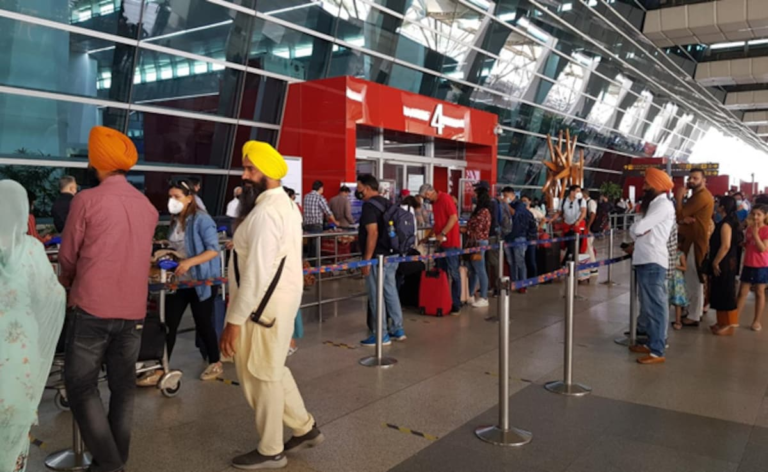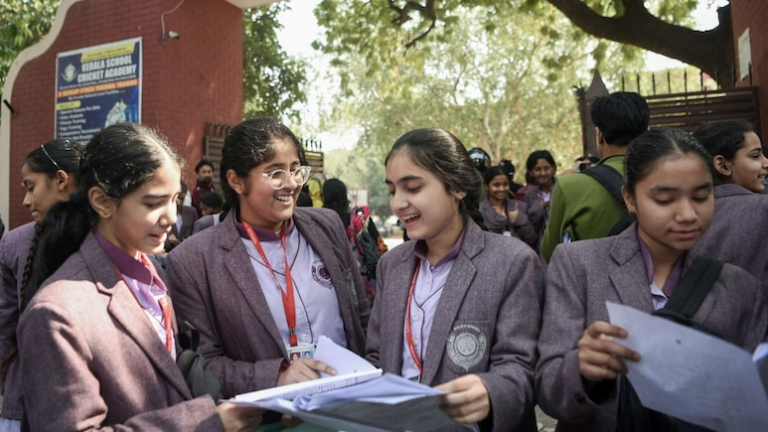
Supreme Court has restricted Tamil Nadu police from probing the Ankit Tiwari bribery case. (File)
New Delhi:
The Tamil Nadu government suffered a massive setback in the Supreme Court on Thursday in a corruption case against an Enforcement Directorate officer. The court has restricted the state police from probing the Ankit Tiwari bribery case, the latest point of friction between Tamil Nadu and central governments, and directed them to produce before it the material collected in the case.
The Supreme Court also said it will frame guidelines for states to share information with the ED without disturbing the principles of federalism. This assertion comes amid several opposition-ruled states alleging misuse of central agencies, which in turn accuse states of non-cooperation.
Mr Tiwari was arrested in December after he was caught accepting Rs 20 lakh as bribe – the first arrest of a central agency officer in Tamil Nadu. The state cops had also filed a case detailing his role in the alleged crime. The ED had filed a petition in the Supreme Court to transfer the bribery case from the Tamil Nadu anti-corruption wing to the CBI, a central agency.
In its request, the ED also accused the state government of non-cooperation and said it was unable to investigate the case since the Tamil Nadu government was not disclosing required information.
Hearing the case, the court today issued a notice to the state government.
Expressing concern over the tug of war between the central agency and the state government, the Supreme Court said that a transparent and fair mechanism is needed to eliminate the fear of political retaliation.
Read | How A Probe Agency Officer Extorted ₹ 40 Lakh From Tamil Nadu Doctor
“We need a transparent mechanism to eliminate the fear of political retaliation. Therefore, it is necessary to find some transparent mechanism, so that investigation can be started properly and such situations can be avoided,” said Justice Surya Kant.
The Supreme Court also directed the state police to present all the material collected so far by the state police in the court by the next hearing.
Read | Central Probe Agency Hits Back Day After Cops Search Its Tamil Nadu Office
“There may be genuine cases in which ED should investigate. There may be some cases of ill intentions. There should be some best practices. Something has to be developed so that genuine cases do not get missed just because it is being handled by a central agency and also there will be no malicious investigation,” said Justice KV Vishwanathan, also part of the bench.
The court also asked the ED what will happen to the country if there is tit-for-tat vindictive action. “You are vindictive and they are vindictive. Suppose in a given scenario your officers are sitting in states. If there is tit-for-tat vindictive action, what will happen to the country,” the Supreme Court said.
The ED officer’s arrest last month had triggered a spat between the BJP that is in power at the centre and the DMK that controls the state.
The DMK and other political parties opposed to the BJP have long accused it of using central investigative agencies, like the Enforcement Directorate, to harass rivals, particularly before elections. The BJP has denied such charges.




